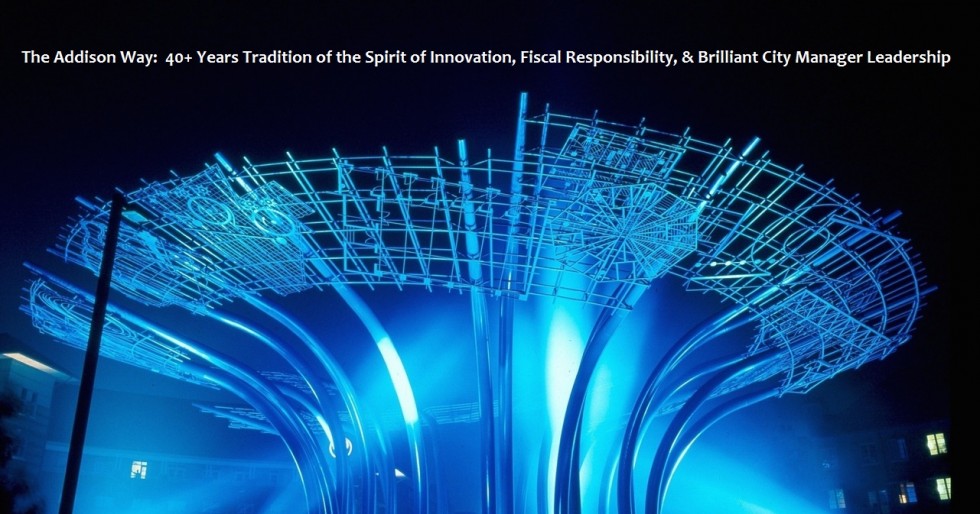To talk TRUTH about the wind turbine lawsuit
YOU HAVE TO READ THE PLEADINGS
By Susan M. Halpern
Former Addison Councilmember (1992-1999)
The efforts to set up a scapegoat in case the wind turbine lawsuit doesn’t go well continue. I write again because it’s one of those times when you have an opportunity to really gauge credibility.
Follow me here: the pleadings in the wind turbine lawsuit are publicly available. That means that the things I’ve written about are easily confirmed. But here’s the thing: that also helps us figure out when other commentators who claim to be in the know haven’t read the pleadings. Let me show you what I mean.
After my recent article about this lawsuit, someone forwarded a meek effort by the facts-don’t-matter folks to respond. It wholly failed to address the three fundamental points I made:
- No one – and certainly not Ron Whitehead and Lea Dunn – should be attacked for testifying truthfully under oath, as both did.
- If Ron and Lea were the “key witnesses” on Addison’s fraud claim as the naysayers implicitly contend, then Addison’s attorney damn sure should have interviewed them before alleging fraud.
- We lawyers make claims in lawsuits based on the facts. We DON’T make claims in lawsuits and then demand that witnesses lie to support the claims.
All solid points. All untouched by the facts-don’t-matter folks. So why do I write? To make two points.
First, they identify me as “one Addison woman who claims expertise in this matter.” I had to laugh at that one. I have a law degree and 34-plus years of law practice. I don’t “claim” to have expertise regarding lawsuits. I DO HAVE expertise regarding lawsuits. It’s what I do for a living.
Second, after downplaying my qualifications, they quote this statement from my prior article: “As it turns out, when both Ron Whitehead and Lea Dunn were finally asked about the issue, both testified under oath that Landmark did not make such representation to either of them.” Exactly so. Then they say: “Either this woman [that’s me] has been told what has been said or has requested and received these depositions already.” That statement is wrong on both counts.
And that’s where they’re caught. The support for the statement quoted is contained in a pleading that’s publicly available. The deposition excerpts are attached to the pleading. I read it all for myself. And that means that the facts-don’t-matter folks didn’t read the pleading, or they would have seen right away where I got access to the deposition testimony. And that provides readers with a very simple way of judging credibility.
Look, don’t get me wrong, I’m rooting for Addison to prevail. If the turbines didn’t work, then it sure seems like Addison should be compensated. But, did it sue the right people and assert the right claims? That’s the question I have, and certainly time will tell as we learn more about Addison’s position. In the meantime, my view remains that the current council inherited a seemingly disorganized approach to the litigation, caused at least in part by the meddling of the prior administration.
In the end, while lawsuits are in part about fighting, they are won when they are pursued in an organized and efficient manner. That’s how you give yourself the best chance of winning. We’ll know soon enough what Addison has to say about all of it, and I for one, plan to read about it.
